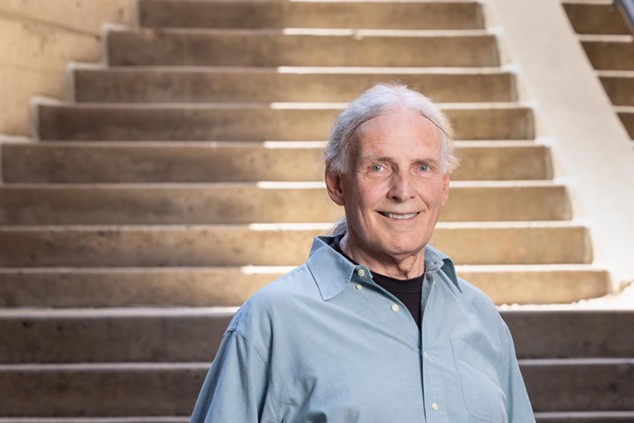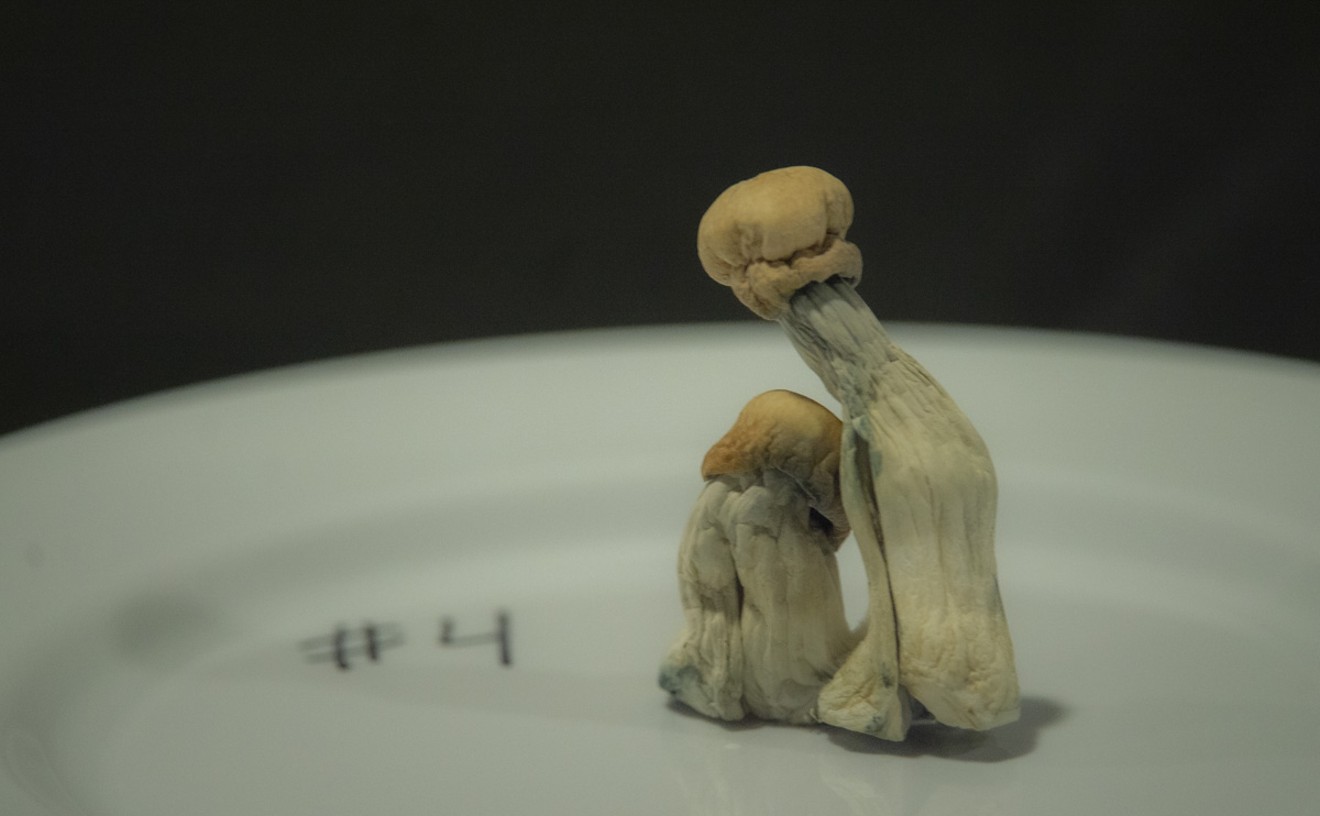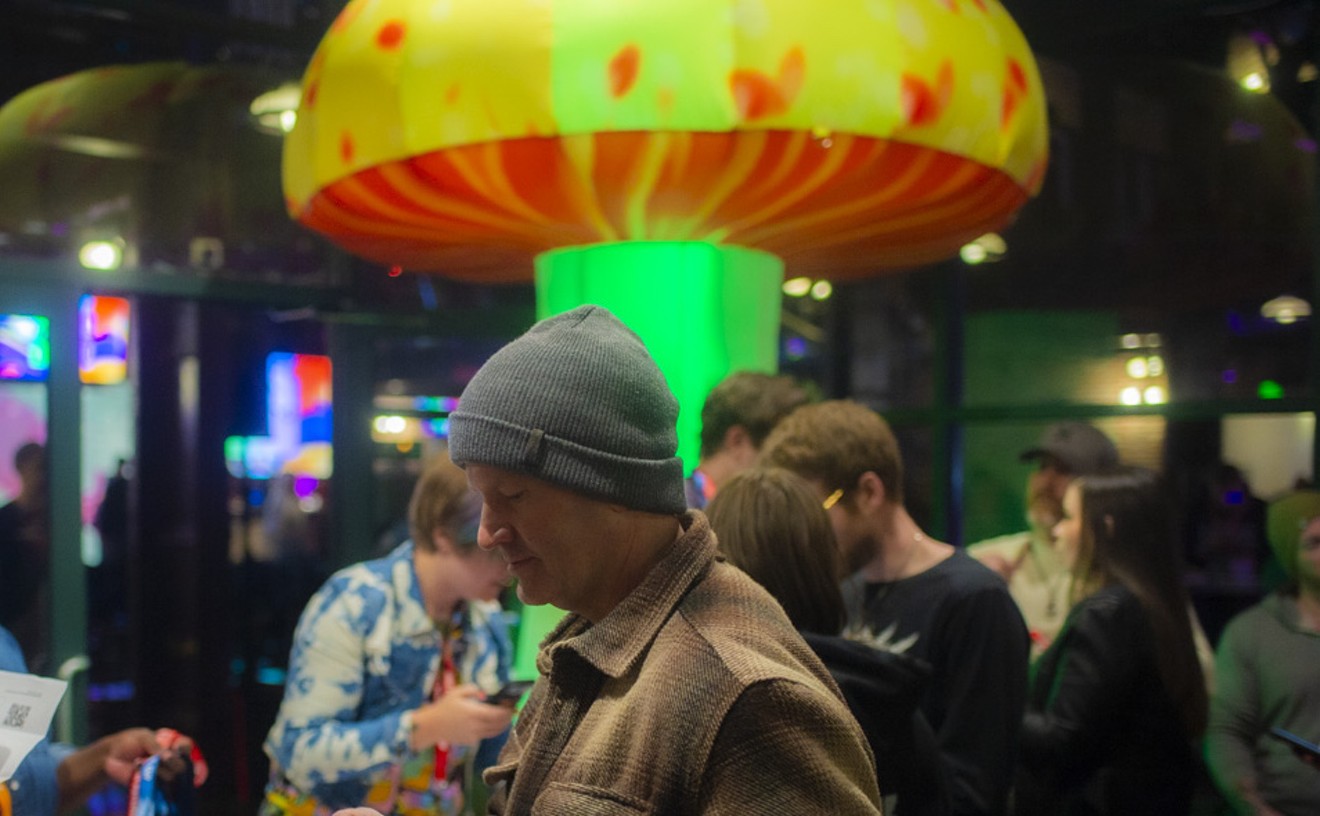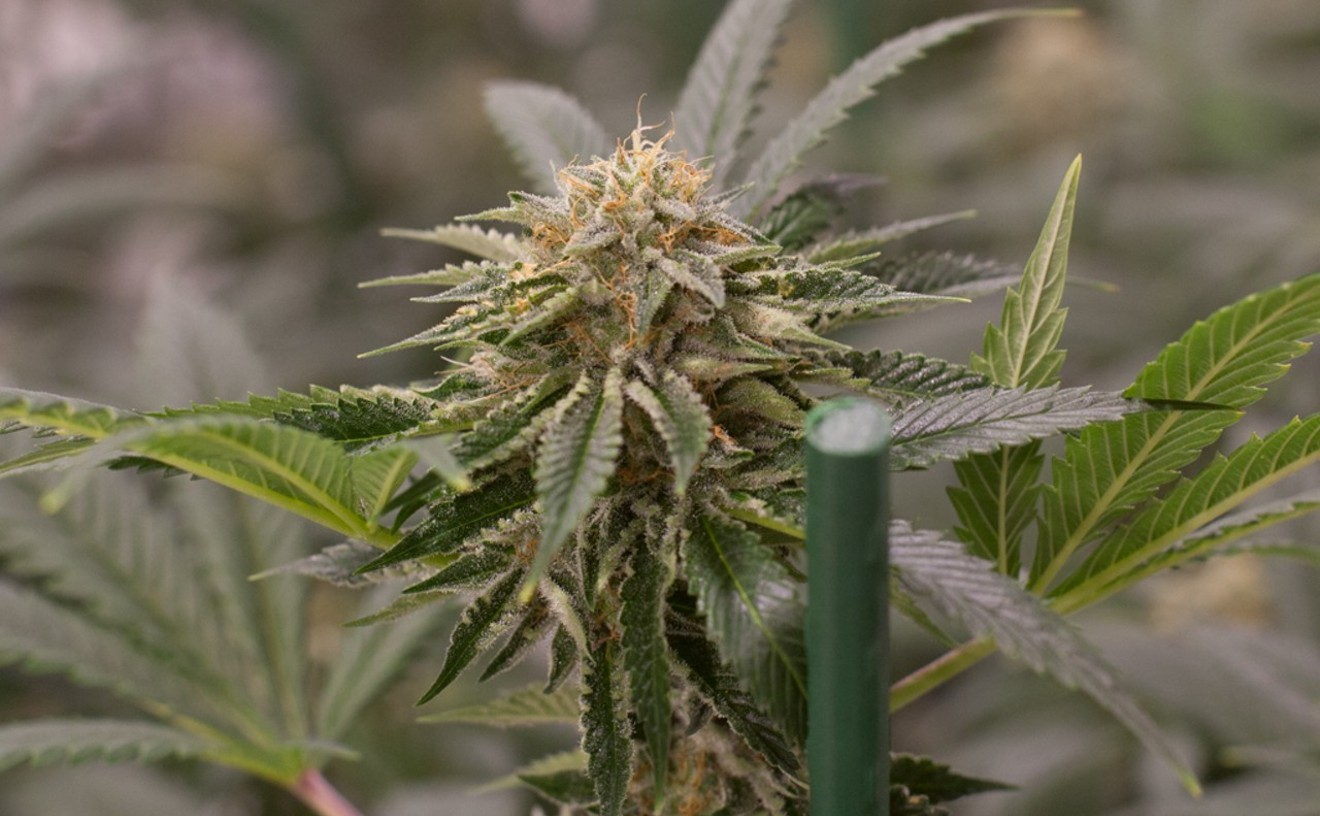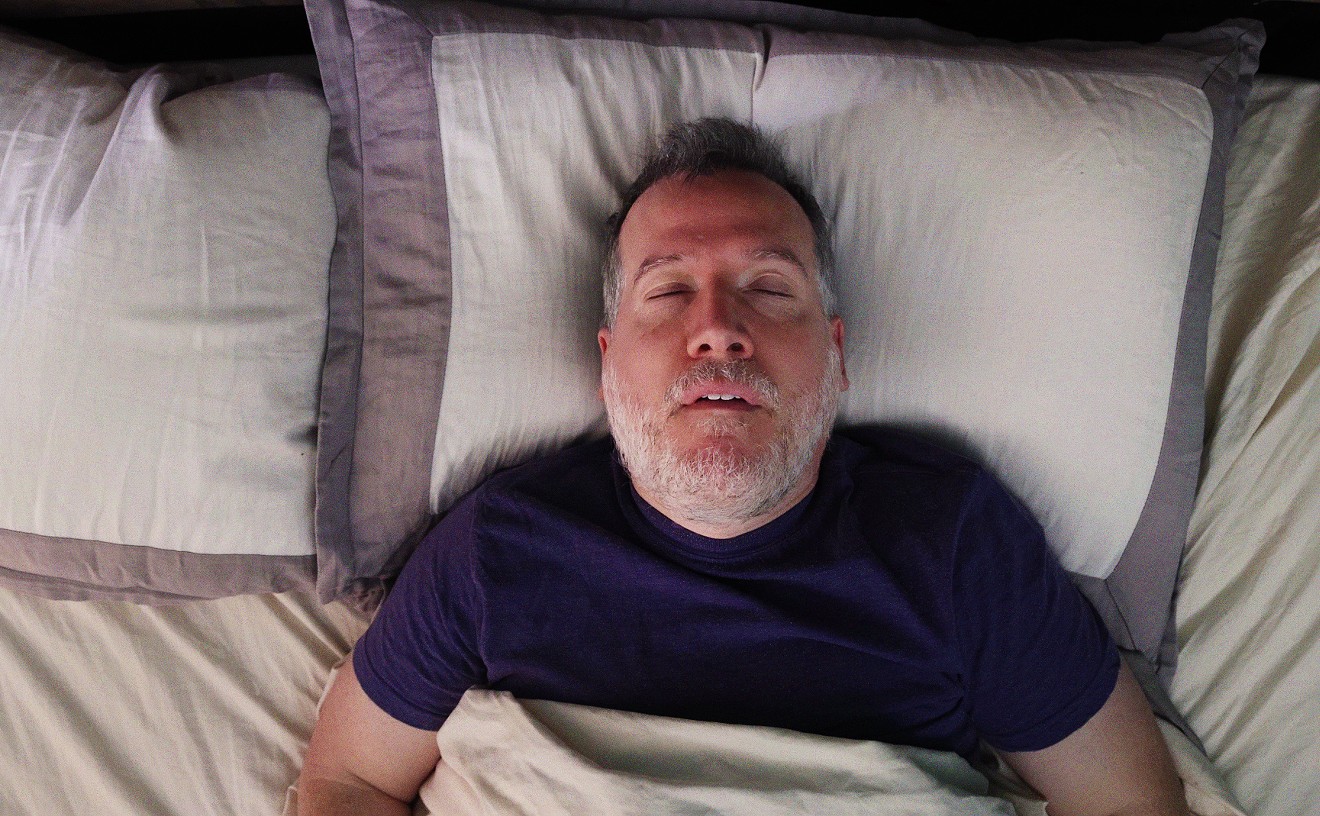Further cementing its interest in psychedelic studies, the University of Colorado has launched an official Psychedelic Research Center at CU Denver.
The new center, located on the Auraria campus in downtown Denver, is part of an effort to learn more about the mental and physical effects of psychedelic medicine as well as "the societal and economic impact of Colorado’s Magic Mushrooms Law," according to a June 24 announcement from CU Denver.
In 2019, Denver became the first major city in the country to decriminalize psilocybin mushrooms. A little over three years later, Colorado voters decriminalized psilocybin, DMT, ibogaine and mescaline (that is not from peyote) in a statewide initiative; the successful ballot proposal also legalized supervised medical psilocybin use.
All four psychedelics that were decriminalized in Colorado have shown potential to treat various forms of mental illnesses, including addiction, anxiety, depression and post-traumatic stress disorder.
The Colorado Department of Regulatory Agencies adopted licensing and training rules for psilocybin facilitators earlier in June. The department will next assess ibogaine for a similar medical designation; by 2026, DORA must make the same decisions for DMT and mescaline.
The University of Colorado Boulder has researched psilocybin before. In March 2023, the school announced it would begin a trial study in which terminally ill patients dealing with depression were given a "moderate to high dose" of psilocybin before extended therapy sessions. According to CU Denver, the new research center will collaborate with staff at CU Boulder and the CU Anschutz Medical Campus to study the "effectiveness and therapeutic mechanisms" of psychedelics.
Research center personnel will also develop an "educational curriculum for training those who want to provide psychedelics in clinical settings, and for those wanting a state credential to do this kind of work," according to the school, and the center will share its findings with lawmakers, local and state agencies and other interested stakeholders.
“There is so much potential to find new ways we can help people,” Dr. Jim Grigsby, the center’s chief science officer and executive director, says in a statement. “We already have several small studies in planning, and a national study underway. We are in talks with several possible collaborators in Colorado, and beyond, because there appears to be so much promise in this area of research now that we as a nation are jumping into the study of psychedelics again.”
Pointing to research suggesting that certain psychedelics can spur neuroplasticity and neurogenesis while also lessening inflammation in the brain, the CU Denver psychology professor says he sees "so much potential" in treatment and therapies for brain conditions such as stroke and certain neurodegenerative diseases.
"We have a lot of work to do, but there is so much potential that it’s an exciting time," Grigsby adds. “At the heart of our work is creative and careful science that may help improve quality of life for many people, including individuals in marginalized and traditionally underserved groups."
Colorado universities are slowly but steadily adding classes and programs intended to supply the state's upcoming psychedelic workforce. Naropa University, a private Buddhist-inspired school in Boulder, began a psychedelic facilitator certification program in 2022 and launched a minor program in psychedelic studies earlier this year.
[
{
"name": "Air - MediumRectangle - Inline Content - Mobile Display Size",
"component": "12017618",
"insertPoint": "2",
"requiredCountToDisplay": "2"
},{
"name": "Editor Picks",
"component": "17242653",
"insertPoint": "4",
"requiredCountToDisplay": "1"
},{
"name": "Inline Links",
"component": "18838239",
"insertPoint": "8th",
"startingPoint": 8,
"requiredCountToDisplay": "7",
"maxInsertions": 25
},{
"name": "Air - MediumRectangle - Combo - Inline Content",
"component": "17261320",
"insertPoint": "8th",
"startingPoint": 8,
"requiredCountToDisplay": "7",
"maxInsertions": 25
},{
"name": "Inline Links",
"component": "18838239",
"insertPoint": "8th",
"startingPoint": 12,
"requiredCountToDisplay": "11",
"maxInsertions": 25
},{
"name": "Air - Leaderboard Tower - Combo - Inline Content",
"component": "17261321",
"insertPoint": "8th",
"startingPoint": 12,
"requiredCountToDisplay": "11",
"maxInsertions": 25
}
]


